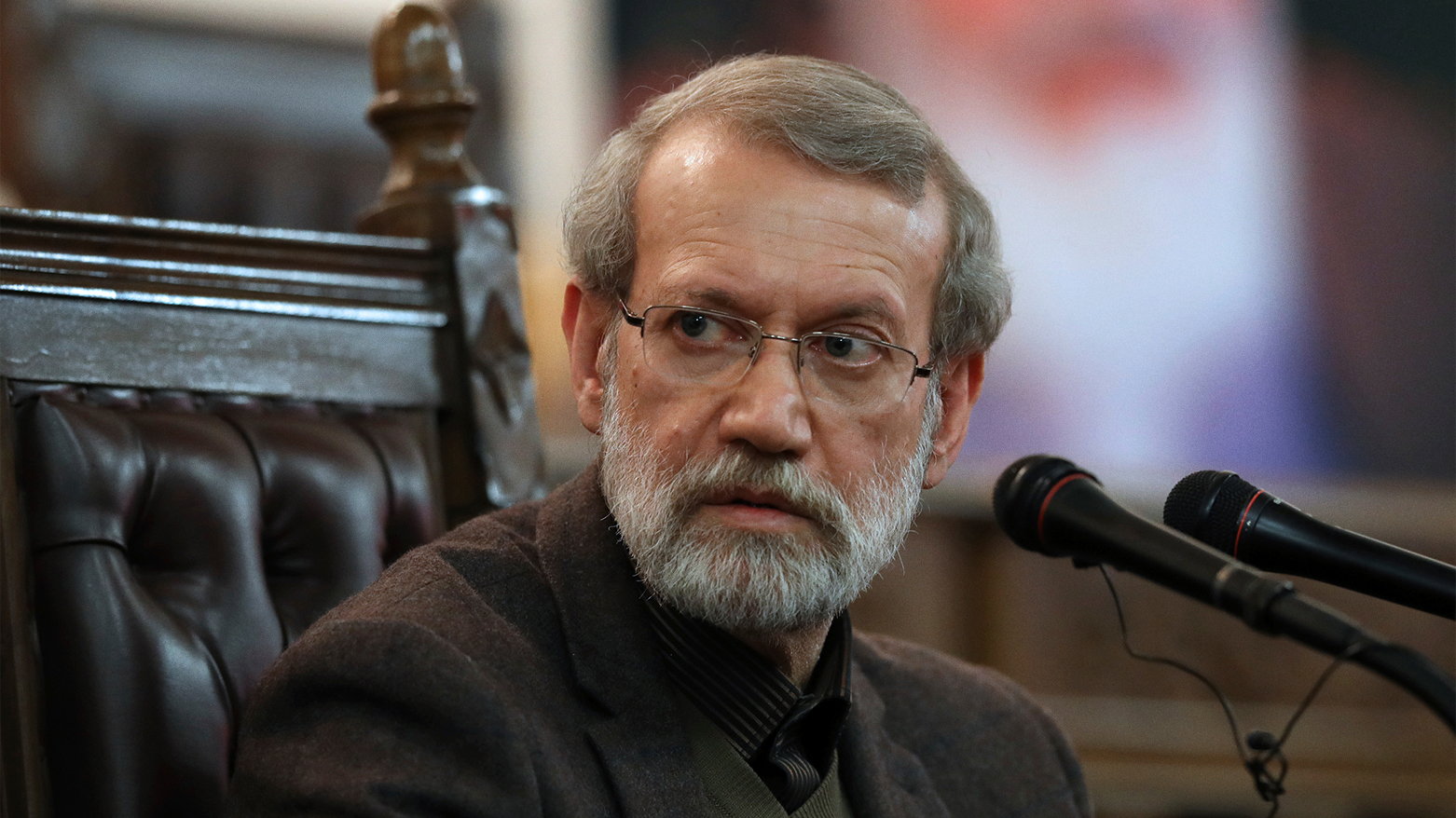Iranian Security Chief Warns Baghdad on Air Defenses and Regional Threats
Larijani warned of the potential repetition of a Syrian-style scenario in Iraq and raised concerns over the possible establishment of a Sunni-administered region, according to the Iranian weekly Sobhi Sadeq.

ERBIL (Kurdistan24) — Around mid-August, Ali Larijani, Secretary of Iran’s Supreme National Security Council, visited Iraq and reportedly urged Baghdad officials to strengthen the country’s air defense systems to prevent incursions by Israeli warplanes. He also warned of the potential repetition of a Syrian-style scenario in Iraq and raised concerns over the possible establishment of a Sunni-administered region, according to the Iranian weekly Sobhi Sadeq, which closely follows political developments involving the Islamic Revolutionary Guard Corps (IRGC).
The report indicates that Larijani discussed several key security threats with Iraqi authorities, including Israel’s air operations during the 12-day conflict with Iran and the risk that Israeli jets could target Iranian airspace and military infrastructure passing through Iraqi territory. He stressed that the Iraqi government has an obligation to implement effective air defense measures and, if necessary, to pressure the United States to prevent further Israeli incursions.
Larijani also highlighted the importance of Iran-Iraq security cooperation, expressing concern over the movement of armed groups from Syria into northern and western Iraq, which could lead to the creation of a self-governing “Sunni region.” The official warned that such a development, involving the partitioning of territory and establishment of bases for attacks against Iran, would destabilize the region.
Addressing Iraqi Shiite officials, Larijani cautioned that Israel could carry out aerial strikes against key command centers and military installations in Iraq, targeting forces allied with Iran. He also voiced concern over political maneuvers within Iraq that could replicate the Syrian scenario, calling for vigilance against plans to alter Iraq’s federal government structure.
Larijani urged that such plans, including efforts by armed groups and militias, must be closely monitored, citing lessons learned from 14 years of conflict and experience in Syria, according to the weekly Sobhi Sadeq.
Larijani’s visit earlier this month came amid heightened regional tensions, as Israel has carried out airstrikes in Syria and occasionally targets Iranian-backed positions.
Baghdad remains deeply entangled with Tehran, as key figures in Iraq’s political decision-making circle simultaneously lead Iran-backed militias loyal to Iran, compromising Iraq’s ability to act independently or prevent its territory from being used for cross-border operations.
Iraq’s air defense capabilities have long been limited, prompting concerns from Iranian officials about potential breaches that could endanger Iranian-backed groups and allies stationed in Iraq.
Larijani’s emphasis on close Iran-Iraq security coordination reflects Tehran’s intent to safeguard its strategic interests and maintain a buffer against regional adversaries.
